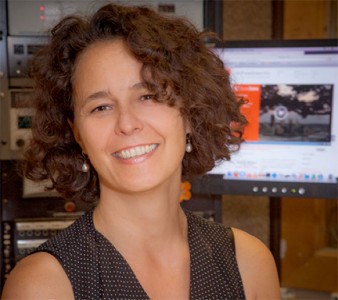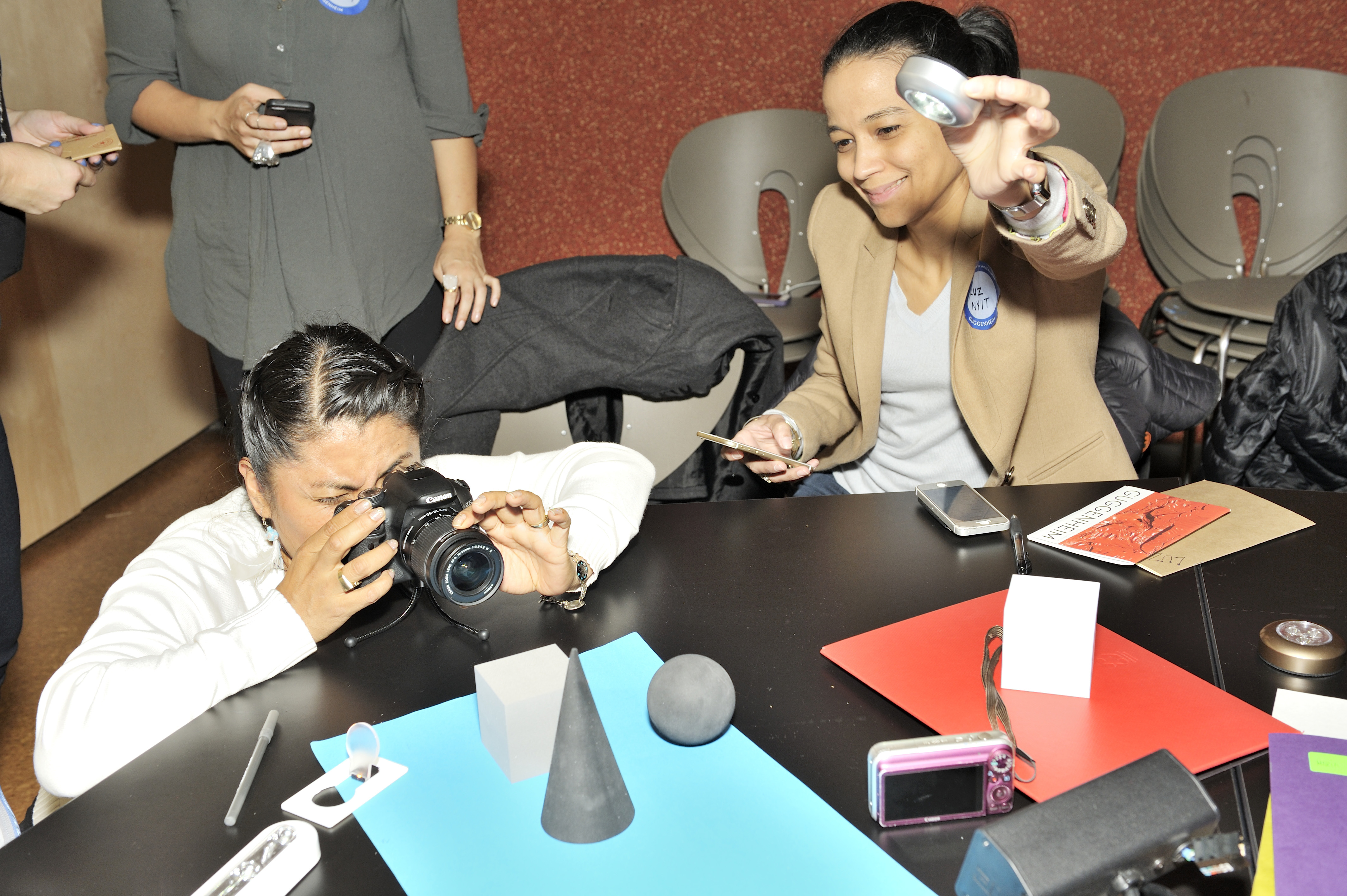Are we here for 11% of the public or for all of it?
Usually the only speakers in the “public comment” period after an NPR Board meeting are several regional reps of stations, but they were joined Feb. 25 by Sue Schardt, executive director of the Association of Independents in Radio. Schardt spoke extemporaneously to the board and NPR execs about how public radio could address criticism that has undercut its case for continued federal aid. This is an edited transcript.
I speak as someone who has 23 years of experience in the industry. What I’ve been thinking a lot about lately resonates, I believe, for those of us who have been around a long time.

Schardt
We have arrived at a transformational moment for public broadcasting. We must choose whether to let the forces that are coming towards us define what we will become, or to decide on our own terms what path we take.
Whether we articulate it or not, public radio, at its heart, has a feeling of being family, of having created a culture. Those of us who have worked our careers to shape and build this industry — I think I’m not alone when I say I feel as though we are brothers and sisters, we are as a family. The crisis we’re facing threatens this culture we have created.
After working in many parts of public radio — both deep inside it and now with one foot inside and one foot outside — I believe there’s an elephant in the room. There is something that I’m very conscious of as we consider this crisis that I’d like to speak to.
We have built an extraordinary franchise. It didn’t happen by accident. It happened because we used a very specific methodology to cultivate and build an audience. For years, in boardrooms, at conferences, with funders, we have talked about our highly educated, influential audience. We pursued David Giovannoni’s methodologies. We all participated. It was his research, his undaunted, clear strategy that we pursued to build the successful news journalism franchise we have today.
What happened as a result is that we unwittingly cultivated a core audience that is predominately white, liberal, highly educated, elite. “Super-serve the core” — that was the mantra, for many, many years. This focus has, in large part, brought us to our success today. It was never anyone’s intention to exclude anyone.
But we have to accept — unapologetically — that this is the franchise we’ve built.
We have to look at this because the criticisms that are coming at us — whether they’re couched in other things — do have some legitimacy. We must, as a starting point, take on board some of this criticism. Before we can set a path, we have to own this.
One choice, at this transformational moment, is to say, “We are satisfied with what we are doing. We — in radio — are providing 11 percent of America with an extraordinary service.” If this is our choice, we need to carefully consider whether we warrant public funding and, if so, what the rationale would be.
Another choice is to say, “We have cultivated and built an extraordinary infrastructure of interconnected stations that’s now adopting networked digital technologies. More important, we have created a culture of human beings who — in this building, at stations, and in my constituency of hundreds of producers — are fluent in a particular craft rooted in an idealism of service. Individuals whose intention at every step is to contribute to the greater good. Ours is a human endeavor. That is what differentiates us. This is what is at stake. This is what we must preserve.”
I believe we need to say, in this moment, “You’re right. We are not satisfied, either. Now that we have achieved this huge success over a 30-year incubation period, we now are poised to commit ourselves to translate and bring what we have to everyone in America. Within the next five years, seven years — we set the timetable. We are absolutely committed to serving — truly — and speaking in the voices — truly — of 80 percent or 90 percent of the public.” We set our numbers.
This is a different kind of understanding.
We need to come to terms with a much higher sense of purpose, and reach for it. In this time when so many people across this nation are lost, are struggling, cannot make their mortgage payments or feed their children, we can bring inspiration. We can bring hope. We know how to do this. But the change must start from within. We must start within our institution to embrace who we are and where we come from. We must draw on all the wealth and influence we have successfully cultivated. It is in this room. We must lead those who have invested in us in a new direction.
Let us energize them, let’s energize the politicians and make it our mission to reach all of America — truly. That is what our task is, that is our opportunity, and it is what is going to define the next 40 years of this institution. This is what is at stake. It is not to hold on to our 11 or 12 percent.
We must think much bigger about our obligation, take it much more seriously and consider what we have and what is at stake in this nation, at this point in time.
Sue Schardt is executive director of the Association of Independents in Radio, a membership group of 800 media-makers in the United States and 12 other countries. She represents indies as a non-NPR member on the NPR Board’s Distribution/Interconnection Committee.







[…] READ MORE […]